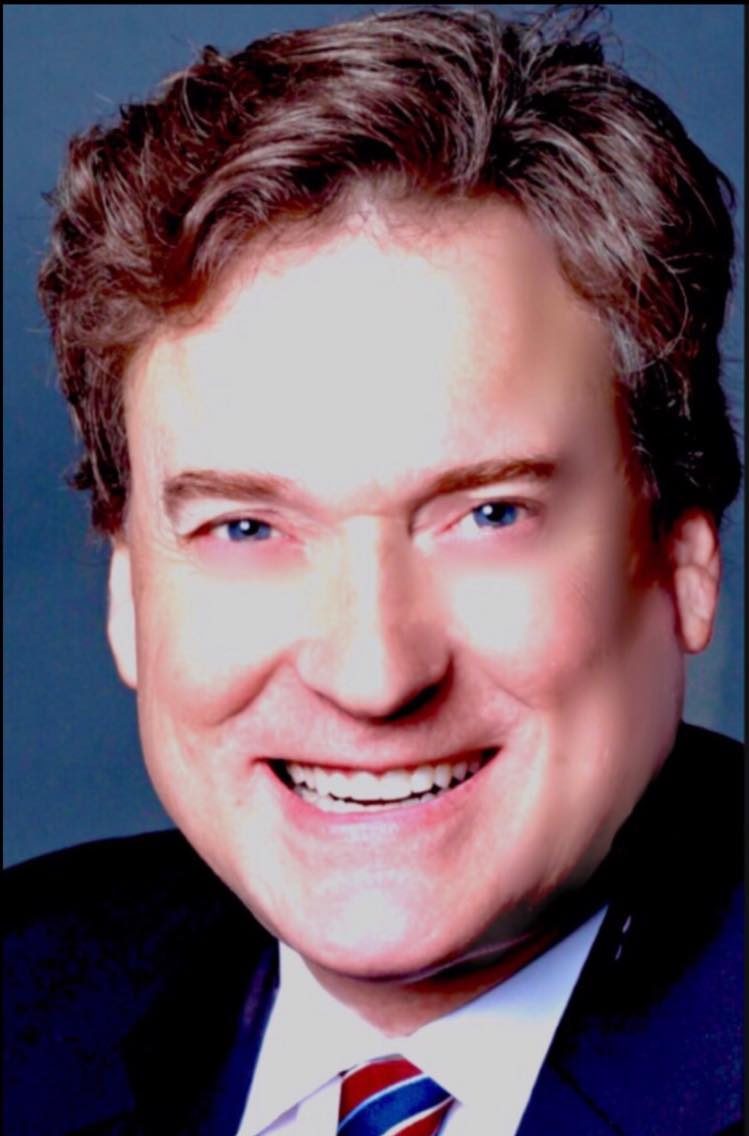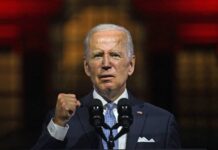In this missive, I will make the argument that Facebook can be subject to First Amendment actions for violations against free speech relating to ongoing censorship and de-platforming issues under its aegis—due to Facebook being not merely de facto, but a de jure state actor by virtue of applying the precedent of the landmark Skinner case. https://casetext.com/case/railway-labor-executives-assoc-v-skinner
Skinner v. Railway Labor Executives’ Association
First, let’s define a key term: Section 230.
Per the Washington Post, “The key portion of Section 230 is only 26 words long and reads, ‘No provider or user of an interactive computer service shall be treated as the publisher or speaker of any information provided by another information content provider.’”
“It also gives those companies broad ownership of what they decide to remove from the sites, as long as the companies follow a few rules. It’s this part of the provision that has been thrust into the spotlight recently as Trump and others accuse social media sites of censoring conservative voices.” Ibid.
The analysis undertaken below comes from an excellent analysis of the landmark case Skinner and its innovative applicability to Section 230 as set for in an article by Jed Rubenfeld, the Robert R. Slaughter Professor at Yale Law School, from the lawfare blog.
Jeb Rubenfeld, Esq.
—Yale Law School Robert R. Slaughter Professor
His Question for which Section 230 begs an answer: Is there a state actor when an immunity statute passed by Congress is enacted in order to incentivize non-public entities to initiate activity that would flag a constitutional review were it to be conducted by a state actor? There is a dearth of common law pertaining to Section 230 acknowledging this matter. The Supreme Court of the United States Court, however, has confronted that issue—with an affirmative affirmation.
According to Rubenfeld, U.S. administrative agency in the mid-Eighties promulgated regs structured to incentivize non-public railroads to conduct substance abuse employee testing. Part D did not mandate such tests. Part D of those regs shielded railroads that elected to offer these tests in certain circumstances from state liability. Part D allowed such testing and shielded them from state liability.
In Skinner v. Railway Labor Executives’ Assoc., railroad employees brought suit against the U.S. government under a 14th Amendment violation argument. Defendants said they were not state actors due to the voluntary, non-compulsory nature of the testing. The US District and Ninth Circuit Appellate Courts rejected Defendant arguments, as reported by Rubenfeld.
The U.S. Supreme Court unanimously upheld the lower courts, saying:
“The fact that the Government has not compelled a private party to perform a search does not, by itself, establish that the search is a private one. Here, specific features of the regulations combine to convince us that that the Government did more than adopt a passive position toward the underlying private conduct.”
Rubenfeld notes the Court focused on the point that the “regulations, including those in Subpart D, pre-empt state laws,” negating the legality of all test-prohibiting contracts. This therefore shielded testing workplaces totally from state liability, even extending to breach of contract actions. In addition, the Yale professor noted that the opinion emphasized that there was not an option for employees to turn down the tests, lest they be terminated.
The U.S. government was found to have eliminated all legitimate plan barriers involving Part D testing. Rubenfeld also reported that the federal government additionally “made plain” the fact of “its strong preference for testing.” Thus, in the Court opinion, “(t)he Government’s encouragement, endorsement, and participation” were sufficient “to implicate the Fourth Amendment.”
I agree with Rubenfeld. Every single iota of reasoning in the case above implicates also the case of Section 230.
In both cases, the government did far more “than adopt a passive position toward the underlying conduct.” As the Slaughter Professor writes: “Section 230 immunizes from state law liability platforms that censor ‘lewd, lascivious, filthy, excessively violent, harassing or otherwise objectionable’ material,” as did Subpart D for testing railroads.
Facebook/YouTube customers can’t opt-out of censorship: rail employees couldn’t refuse to be tested. Refuseniks would be excluded.
Rubenfeld implores that the history of Section 230 proves government’s “strong preference” for the removal of “offensive” content; Skinner proved government’s “strong preference” for testing.
The Skinner case is a precedent “on all fours” with the Facebook case at hand.
My extrapolation is —A credible argument can be made that Facebook is indeed a state actor, subject to First Amendment actions for violations against free speech relating to ongoing censorship and de-platforming issues under its aegis—due to Facebook being not merely de facto, but a de jure state actor by virtue of applying the precedent of the landmark Skinner case.












